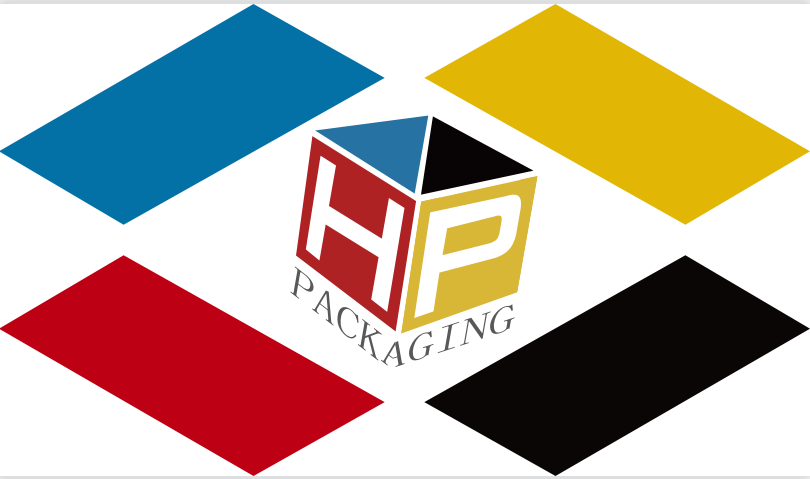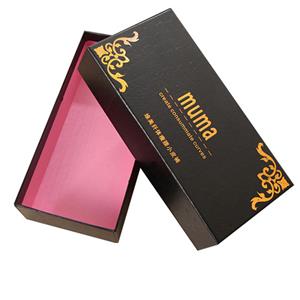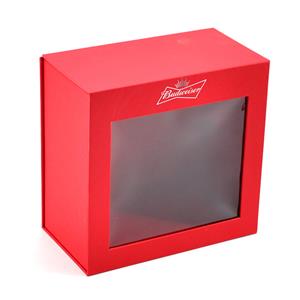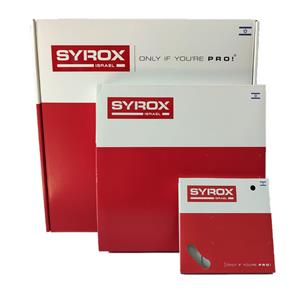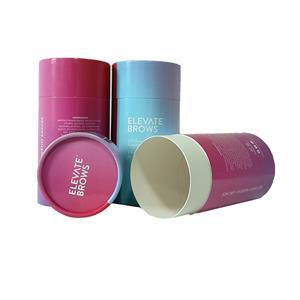Brand companies in the wave of sustainable packaging innovation
Brand companies in the wave of sustainable packaging innovation
With the French government implementing strict environmental policies, McDonald's France, as a leading brand in the fast food industry, has actively moved to launch a series of environmentally friendly tableware to replace single-use packaging. These new eco-friendly tableware are made from the currently popular eco-friendly plastic Tritan (Modified PCT), which contains no harmful bisa phenol (BPA-Free) and is 100% recyclable.
Similar to glass and ceramics, this eco-friendly plastic has excellent hardness and transparency, and is resistant to high temperatures, wear and drops. More importantly, it can maintain the taste of food, and consumers do not need to worry about plastic residues will penetrate into the food, so as to avoid affecting the taste of food due to the material. McDonald's France supports environmental protection with practical actions, so that customers can enjoy delicious food at the same time, but also actively participate in environmental protection.
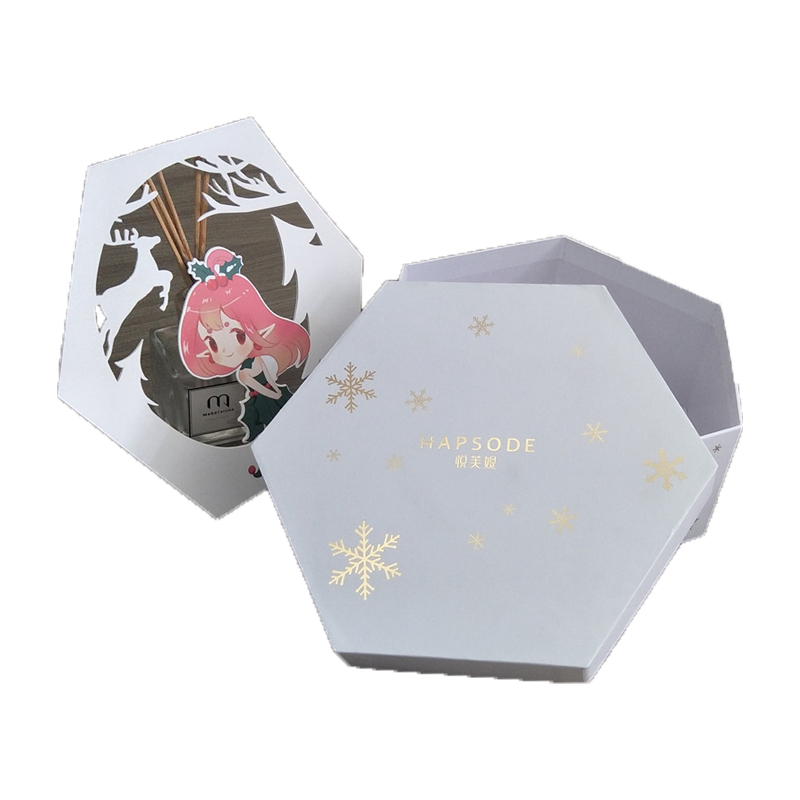
Walkers Potato Chips Trial Paper Packaging PepsiCo has announced that their Walkers Baked line of potato chips will trial paper packaging. The pilot scheme has already taken place in 800 Tesco supermarkets, replacing more than 300,000 six-pack, multi-piece plastic packets. PepsiCo also invited customers to provide feedback on the design and functionality of the new paper packaging, and to recycle the packaging at the end of use. This initiative aims to replace plastic packaging and drive higher recycling rates to reduce environmental impact.
Coca Cola is considering rolling out new packaging in the UK with a new cap design to solve the problem of easily lost and difficult to recycle bottled drinks. In the advertisement, the slogan "Keep cap attached & recycle together" was shouted.
Nestle has introduced an innovative packaging design for its gold and original instant coffee that not only reduces the amount of packaging used, but also reduces production costs. Compared to the traditional 200g glass coffee can, the new 150g refill bag is 97% lighter! At the same time, the plastic content of the new refill bags is on average 60% less than that of the glass bottle caps, further reducing the use of plastic resources. The packaging also comes with a sealing function to keep the coffee fresh.
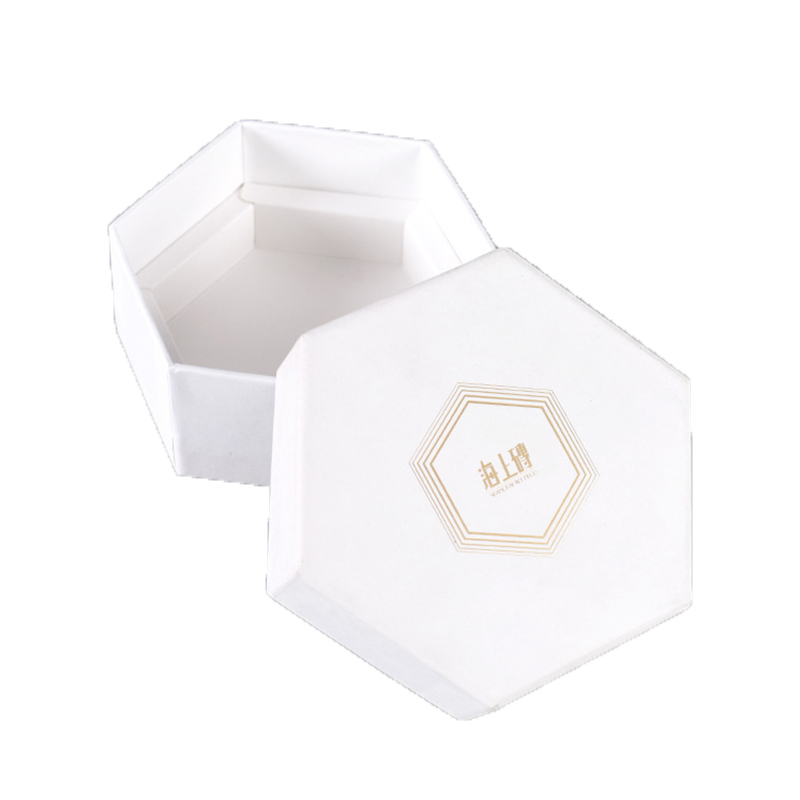
Designing sustainable packaging is not only about using environmentally friendly or recycled materials, but also about having a creative aesthetic that makes users stop and think immediately. In the process of purchasing products, the packaging of goods must win its favor and cause reflection in a few seconds, so the overall packaging must make consumers feel it is beautiful, safe and environmentally friendly at a glance. If the designer can successfully integrate this information into the packaging design, the product will naturally stand out in the competitive supermarket and e-commerce.
